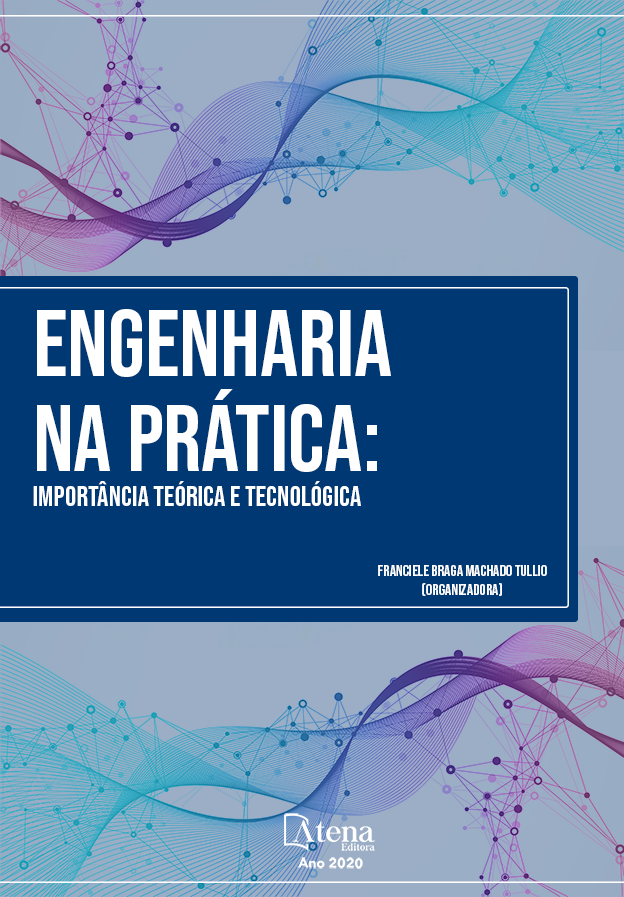
INFLUÊNCIA DE LEVEDURAS LISAS E RUGOSAS NA PRODUÇÃO DE BIOETANOL EM ESCALA INDUSTRIAL
A alta competitividade da indústria de bioetanol no Brasil faz com que a busca por inovações que aumentem o rendimento da produção seja uma necessidade constante e, mesmo, pequenas variações percentuais nos resultados, podem implicar em um retorno financeiro elevado devido ao volume de bioetanol produzido. O objetivo deste estudo foi a avaliação do impacto de leveduras lisas (LL) e rugosas (LR) na produção de bioetanol. Durante os processos fermentativos industriais, o estresse causado sobre as leveduras pelas altas temperaturas nas dornas de fermentação leva a conversão de LL em LR reduzindo o rendimento da produção de bioetanol. A empresa MicroServBio desenvolveu uma tecnologia para transformar LR em LL novamente, que resulta nas chamadas leveduras do processo transformada (LPT). Estudo em escala laboratorial comparou a eficiência de fermentação utilizando LR e LPT aplicando metodologia de delineamento fatorial e de análise de superfície de resposta. Os resultados obtidos indicaram um aumento de 6,86% de eficiência no uso da LPT no processo. As LPT também foram comparadas com LL e não foi verificada diferença significativa entre os dois tipos de leveduras com nível de confiança de 95%. Foi feita também uma avaliação em escala industrial em uma usina de bioetanol da região de Pirassununga comparando-se as safras 2017 (sem uso da LPT) com safras 2018 e 2019 (com inoculação da LPT). Verificou-se a partir dos dados industriais um aumento de eficiência na produção de bioetanol com uso da LPT de 3,92 e 4,36% nas safras 2018 e 2019, respectivamente. Além disso, as LPT mostraram boa termorresistência a temperatura elevada ao longo da safra. Considerando a produção de etanol da unidade avaliada, o aumento da eficiência obtido com a LPT representou um aumento de produção de 4 milhões de litros de bioetanol por safra, sem aumento de custos com insumos, equipamentos e estrutura física.
INFLUÊNCIA DE LEVEDURAS LISAS E RUGOSAS NA PRODUÇÃO DE BIOETANOL EM ESCALA INDUSTRIAL
-
DOI: 10.22533/at.ed.08820240818
-
Palavras-chave: Bioetanol; delineamento fatorial; produtividade; transformação de leveduras.
-
Keywords: Bioethanol; factorial design; productivity; yeast processing.
-
Abstract:
The high competitiveness of the bioethanol industry in Brazil makes the search for innovations that increase production yield a constant need and, even small percentage variations in results, can result in a high financial return due to the volume of bioethanol produced. The aim of this study was to assess the impact of smooth (SY) and rough (RY) yeasts on bioethanol production. During industrial fermentation processes, the stress caused on yeasts by the high temperatures in the fermentation tanks leads to the conversion of SY to RY reducing the yield of bioethanol production. MicroServBio has developed a technology to transform RY into SL again, which results in so-called transformed process yeasts (TPY). Laboratory-scale study compared the fermentation efficiency using RY and TPY using a factorial design and response surface analysis methodology. The results obtained indicated a 6.86% increase in efficiency in the use of TPY in the process. TPY were also compared with SY and there was no significant difference between the two types of yeasts with a 95% confidence level. An industrial scale assessment was also carried out at a bioethanol plant in the Pirassununga region, comparing the 2017 harvests (without TPY use) with 2018 and 2019 harvests (with TPY inoculation). The industrial data showed an increase in efficiency in bioethanol production using TPY of 3.92 and 4.36% in the 2018 and 2019 harvests, respectively. In addition, the TPY showed good thermoresistance at high temperature throughout the harvest. Considering the bioethanol production of the evaluated unit, the increase in efficiency obtained with the TPY represented an increase in production of 4 million liters of bioethanol per harvest, without increasing costs with inputs, equipment and physical structure.
-
Número de páginas: 10
- Teresa Cristina Viana Vieira
- Eliana Setsuko Kamimura
- Rafael Resende Maldonado


